THE SKILLED-LABOUR SHORTAGE IN CONSTRUCTION: CAUSES, IMPACT & SOLUTIONS
WHY THE SKILLS GAP MATTERS. The UK skyline bristles with tower cranes, yet dig a little deeper into project dashboards and you will see the same red flag flashing again and again: insufficient qualified workers available. According to the latest Construction Skills Network forecast, our industry must attract 225,000 extra employees by 2027 or risk spiralling delays, runaway budgets and rising accident rates. Unlike supply-chain glitches, people shortages cannot be fixed with overnight shipping. They demand early, strategic investment in training, mentoring and modern recruitment. The Builders Academy specialises in precisely that pipeline, from CSCS Card entry to SMSTS leadership.
Before we map the cure, we need to understand the disease. Below you will find a deep dive into the five biggest drivers of the shortage, evidence of the financial and safety fallout already hitting projects, and an action plan—complete with free resources such as our UNLIMITED CSCS & CITB MOCK-TEST HUB—that any firm or individual can start using today.
1 | Root Causes of the Skilled-Labour Shortage
1.1 Apprenticeship Decline
Apprenticeship starts fell by 13 % between 2016 and 2021 (UK Parliament POST, 2022). Funding reforms reduced college block-release places just as Covid forced site closures and withdrawal of on-the-job mentors. Fewer trainees today equals a smaller craft workforce tomorrow.
1.2 Economic Shock Migration
The 2008 global downturn and the 2020 pandemic both nudged experienced tradespeople toward ostensibly safer logistics or manufacturing roles. Warehouses stayed open, sites stopped. Many never returned, leaving a hollow mid-career cohort that would otherwise be mentoring apprentices.
1.3 Technology Adoption Gap
Building-information modelling (BIM), drone progress surveys and modular-offsite fabrication create demand for digital fluency that older operatives may lack. Without targeted CPD, firms sideline veterans rather than upskill them—shrinking the competent pool further.
1.4 Post-Brexit Migration Rules
Freedom-of-movement ended in 2021, shrinking the EU-born construction workforce by 8 % within two years (ONS Labour Market Overview, 2023). Visa routes exist but the administrative cost puts small subcontractors off international recruitment.
1.5 Image & Perception Problems
School career advisers still sell construction as muddy boots and uncertain wages, despite data showing newly qualified bricklayers out-earning many graduates. Without role-model outreach—site visits, TikTok “day-in-the-life” reels, teacher CPD—talent drifts elsewhere.
2 | The Real-World Impact on Programmes & Profit
Programme slippage. The UK has missed its 300 k-homes-per-year target for five successive years. HS2 and multiple hospital upgrades run on revised timelines linked directly to labour scarcity.
Cost inflation. RICS Construction Monitor Q4 2023 found 90 % of firms paying shortage premiums on basic trades. Bricklaying day rates in parts of the South East sit north of £350, erasing original prelim budgets.
Quality & safety pressure. Thinner crews rush tasks. Snag-lists balloon. RIDDOR data shows inexperienced operatives driving a rise in minor falls and manual-handling injuries—incidents preventable through proper supervision and refresher CPDs like Manual Handling.
Leadership bottleneck. Site diaries lag and RAMS get recycled instead of project-specific because SSSTS or SMSTS certified managers are scarce—and therefore expensive.
3 | Bridging the Gap – A Four-Point Action Plan
3.1 Expand Accessible Training & Certification
Zero-to-site gateways must be quick, cheap and digital. Our Level 1 Health & Safety Course is 100 % online, includes FREE unlimited mock tests replicating the CITB interface, and feeds straight into a managed CSCS Green Card application.
3.2 Promote Construction Careers to Youth
Support CITB’s Go Construct ambassadors, sponsor site-open days and deploy augmented-reality apps that let teenagers “walk” a BIM model of their town’s new sports hall. Every positive early touchpoint seeds future apprentices.
3.3 Upskill Existing Workforce
Short CPDs delivered via phone or tablet turn downtime into competence. Popular modules include Traffic Marshal for logistics control and National Water Hygiene for utility contracts. Digital BIM primers and drone-pilot awareness sessions bring veterans up to speed without forcing college releases.
3.4 Leverage the Apprenticeship Levy
Millions of levy pounds expire each year. SMEs can register to receive transfers from large contractors, funding NVQ Level 2/3 routes such as Bricklaying Basics or our Electrical Labourer pathway. Pair every apprentice with a Return-to-Industry mentor for a win–win knowledge bridge.
4 | Individual Opportunity – Why Qualify Now
Higher earning potential. Skilled carpenters and bricklayers already top £50 k in multiple regions, with tax-efficient CIS status sweetening take-home pay.
Career security. Long-term pipelines—HS2, school rebuilding, cladding remediation, net-zero retrofit—guarantee demand beyond 2030. A SSSTS certificate today could translate to an SMSTS site-manager role within five years.
Rapid progression. Digital CPDs in BIM or drone surveying add weight to your CV faster than traditional college blocks, while the cost is a fraction of university tuition.
5 | The Builders Academy – Proven Training Partner
Our e-learning eco-system covers every rung:
- Entry compliance: CSCS Green Card Full Package with managed test booking and paperwork.
- Trade upskilling: Bricklaying, Electrical Labourer, Stonemasonry fundamentals.
- Leadership: CITB-approved SSSTS and SMSTS—results issued the same day.
- Specialist CPDs: Fire Marshal, Working at Height, Confined Spaces, Traffic Marshal.
All modules are mobile-friendly, tutor-supported and backed by corporate dashboards that track completions and renewal dates.
INVEST IN TRAINING TODAY – CLOSE THE GAP & BUILD THE FUTURE
START WITH CSCS LEVEL 1
Already compliant? Step up to ONLINE SSSTS or SMSTS.
Add Traffic Marshal CPD for immediate site value.
Need a tailored workforce plan? Email [email protected] or call 0203 345 6575 for a FREE training audit.


 Student Login
Student Login Julie Gent
Julie Gent